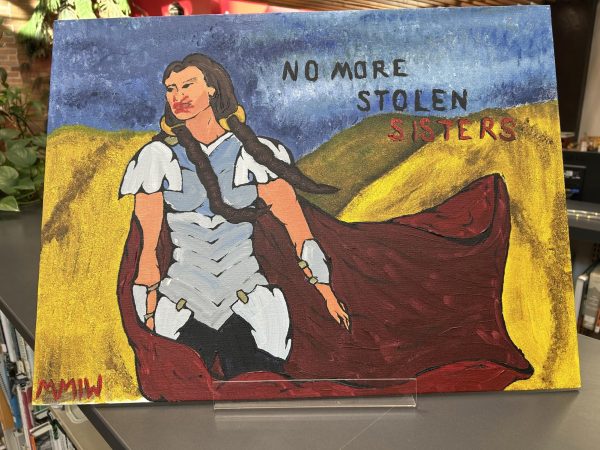Daylight Saving: What Impact Does It Have?
Every year, on the second Sunday of March, the time “springs forward” one hour. All of a sudden, an hour that was gained during “fall back” is lost. This year, the time will change on March 8 at 2:00 am. Although there are longer daylight hours at the end of the day, it can have an impact on the attitudes and mindsets of individuals.
Many people believe that Ben Franklin proposed the idea of daylight saving in the late 1700s. However, Franklin didn’t propose this idea that is still continuing today. In 1895, George Hudson from New Zealand who was an entomologist or “insect scientist,” proposed the idea of daylight saving time. He originally presented the idea so that he could have more daylight hours to go bug hunting.

This idea sparked the interest of the Germans in WW1 as they tried to figure out ways to save energy. Today, 70 countries implement daylight saving into their life and every state in the US, except for Arizona and Hawaii, change their clocks twice a year.
Students and staff at Hellgate are all affected by the spring time change. Corey Lind, math teacher at Hellgate, has been counting down the days until daylight saving for over a month. He said, “I love daylight saving, because I would prefer to have the extra hour of light after I get off work.” This is because he can participate in more activities, such as fishing, mountain biking, and hiking.
Some students at Hellgate dislike daylight saving. Abby Kendrick, junior at Hellgate, said that she dislikes daylight saving because, “It is an outdated system used to save energy during the night time. But in the modern day we still use energy during night and all it does is cause seasonal depression.” Kendrick likes it when it’s light outside, but also enjoys gaining an extra hour of sleep.
Although there are different opinions on whether or not daylight saving is a necessary course of action today, many people think it would be more enjoyable to not switch from two different time zones.

Hi, I’m Maggie Vann, and I'm a senior at Hellgate High School. This is my third year in Lance and first as Co-Editor. I’ve enjoyed expressing my creativity...




